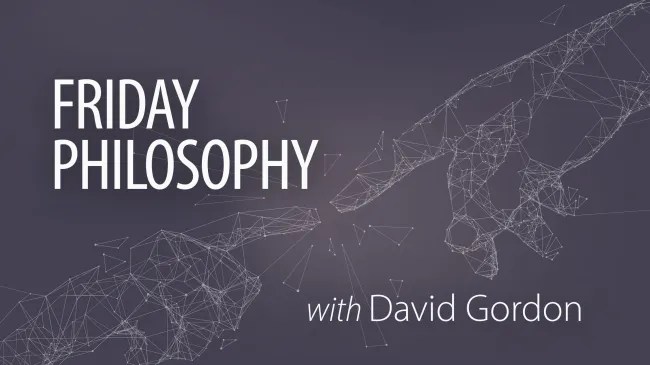Conceptual Clarity in Dismantling Economic Jargon
Keynesians are known for using obscure and jumbled jargon to explain their fallacious ideas. The hope being that, the more confusing the language, the greater the perceived scholarship. Good economics can and should be clearly logically explained.








